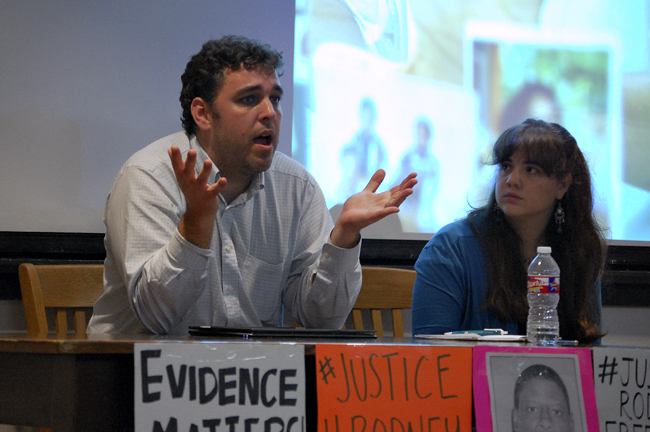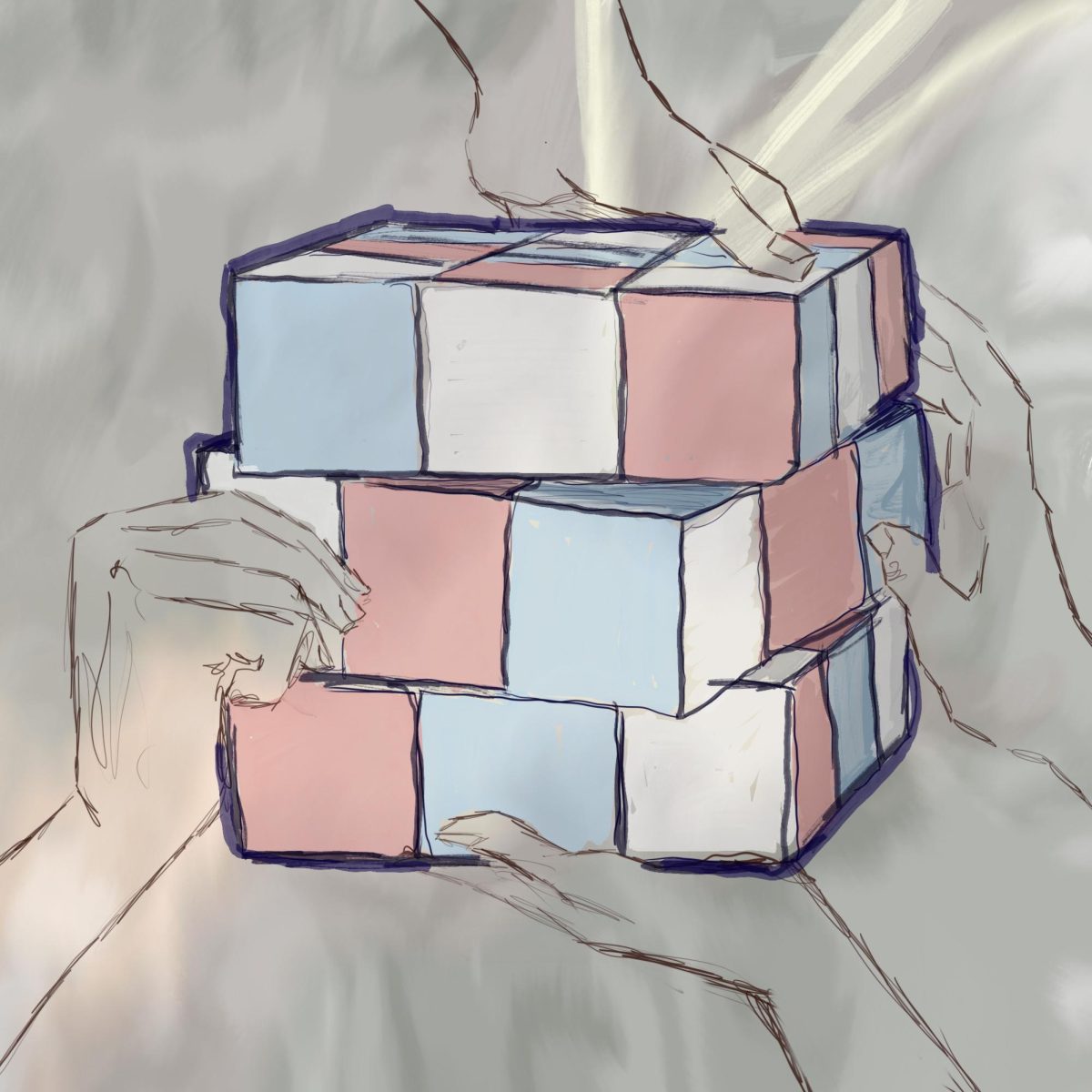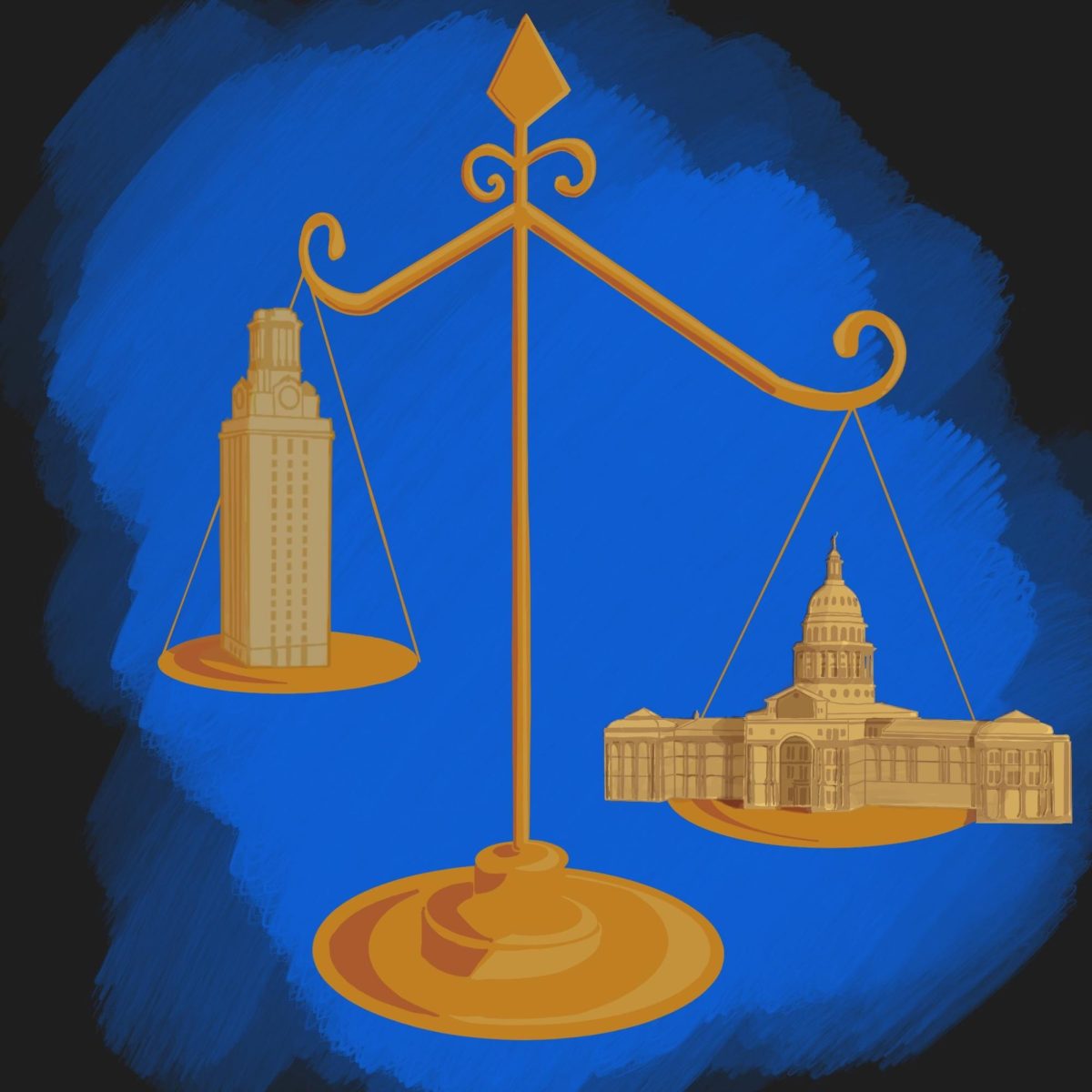Despite death row inmate Rodney Reed being granted a stay, the fight for his freedom continues, according to his brother Rodrick Reed, who spoke Monday at a panel about his case.
In 1998, an all-white jury in Bastrop, Texas, convicted Rodney Reed, a black man, for the murder of Stacey Stites in a trial that critics have called racially biased. Reed, who has maintained his innocence, was granted a stay before his execution date on March 5, which delayed his case and execution. Rodrick Reed said the community must continue to push for his freedom.
“A lot of people have relaxed, thinking he’s on his way home, but we still have to fight,” Rodrick said. “My brother is still locked up, and the fight must continue until we bring him home, and even after that, we still must fight for justice.”
Although the stay is a great victory for those against the death penalty, the fight may only get harder, according to Ben Wolff, panelist and attorney for Texas Defender Service.
“Here’s the urgency about this: No one’s won,” Wolff said. “He’s still on death row, and he’s still there unjustly and an innocent man. The first time the state of Texas seeks to execute someone, they have to give at least 90 days’ notice. The second time, … 30 days.”
Ana Hernandez, panelist and vice president of UT’s Amnesty International chapter, said the death penalty is racist, punishes the poor and condemns the innocent to death, especially in Reed’s case, who has lived the last 20 years of his life in a 6-by-11-foot jail cell.
“I think that stressing the indignity of his current situation and the fact that it is unjust for an innocent person to face those circumstances for over 18 years — I think that finding a way to convey that kind of urgency is important,” Hernandez said. “There is no end date for your activism.”
The support of UT students and other members of the Austin community helped the case receive national attention, Reed said.
“Without the public, my brother wouldn’t have stood a chance,” Rodrick said. “They would have probably executed him on March 5. [Rodney said to me,] ‘I’ve lost both my grandmothers in [jail.] Now I’ve lost my dad, and I’ve lost several uncles, and my family is going away, but I have not lost hope.’”




















